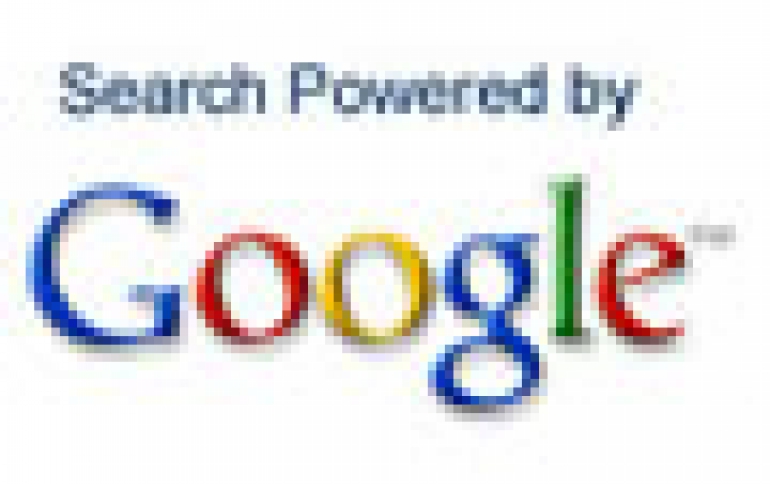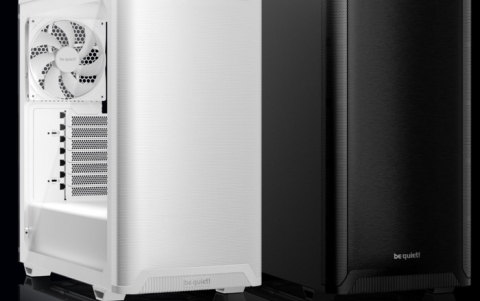
Europe Not Satisfied With Google's Response To Antitrust Concerns
European Union Competition Commissioner Joaquin Almunia has clarified that Google must do more to allay concerns that it is blocking competitors in web search results.
Google submitted proposed concessions to the European Commission in April to end a three-year investigation over the way it alegedly uses the power of its search engine to manipulate the seacrh results. Google could face a fine as much as $5 billion if it does not resolve the issue.
"I concluded that the proposals that Google sent to us are not enough to overcome our concerns," European Competition Commissioner Joaquin Almunia told a news conference on Wednesday, adding that he has asked Google to present better proposals.
Google spokesman Al Verney said the company would continue to work with the EU competition authority.
Google has offered to mark out its own products in Internet search results, provide links to at least three rival sites and make it easier for advertisers to move to rival platforms.
Reacting to Almunia's comments, lobbying group FairSearch, whose members include complainants Microsoft, online travel agency Expedia, British price comparison site Foundem and France's Twenga, said Google's offer was "highly unlikely" to boost competition.
"I concluded that the proposals that Google sent to us are not enough to overcome our concerns," European Competition Commissioner Joaquin Almunia told a news conference on Wednesday, adding that he has asked Google to present better proposals.
Google spokesman Al Verney said the company would continue to work with the EU competition authority.
Google has offered to mark out its own products in Internet search results, provide links to at least three rival sites and make it easier for advertisers to move to rival platforms.
Reacting to Almunia's comments, lobbying group FairSearch, whose members include complainants Microsoft, online travel agency Expedia, British price comparison site Foundem and France's Twenga, said Google's offer was "highly unlikely" to boost competition.




















